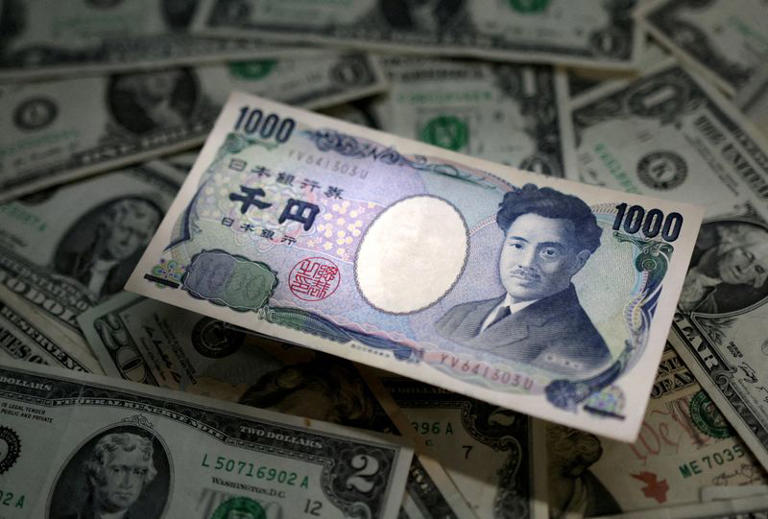Japan’s economy has been facing challenges due to an aging population and sluggish domestic demand. To counteract these challenges, Japanese companies have increasingly sought growth opportunities abroad, resulting in substantial foreign investments and the accumulation of profits in foreign currencies. However, the recent depreciation of the yen against major currencies, particularly the US dollar, has raised concerns about its impact on Japan’s export competitiveness and overall economic stability.
In response, the ruling Liberal Democratic Party (LDP) of Japan is considering implementing tax incentives to encourage Japanese companies to repatriate their overseas profits back into yen. These measures are intended to stem the outflow of capital and bolster the yen’s value in the foreign exchange market. By providing tax breaks for converting foreign profits into yen, the government aims to create an economic environment that favors domestic investment and supports the stability of the Japanese currency.
If implemented, the tax breaks could have significant implications for Japan’s economy. Firstly, they could help stabilize the yen’s exchange rate by incentivizing companies to repatriate foreign profits, making Japanese exports more competitive in international markets. Secondly, encouraging companies to invest their overseas profits domestically could spur economic growth and job creation within Japan. This could also contribute to the revitalization of industries and regions that have been lagging behind.
However, there are challenges and considerations associated with the proposed tax breaks. Skepticism exists regarding their effectiveness, particularly if they only apply to a small portion of dividends earned from foreign subsidiaries. Companies may weigh the benefits of repatriation against other factors such as currency exchange risk and investment opportunities abroad. Additionally, the government must balance its objectives of supporting domestic investment, maintaining currency stability, and addressing fiscal constraints. Crafting policies that achieve these objectives without unintended consequences will require careful consideration and coordination among various stakeholders.
Furthermore, Japan’s economic fortunes are interconnected with global economic trends, including shifts in trade patterns, geopolitical developments, and monetary policy decisions by major central banks. The effectiveness of domestic policy measures may be influenced by these external factors. As Japan navigates these complexities, policymakers will need to remain vigilant and adaptive to ensure the stability and resilience of the country’s economy.
